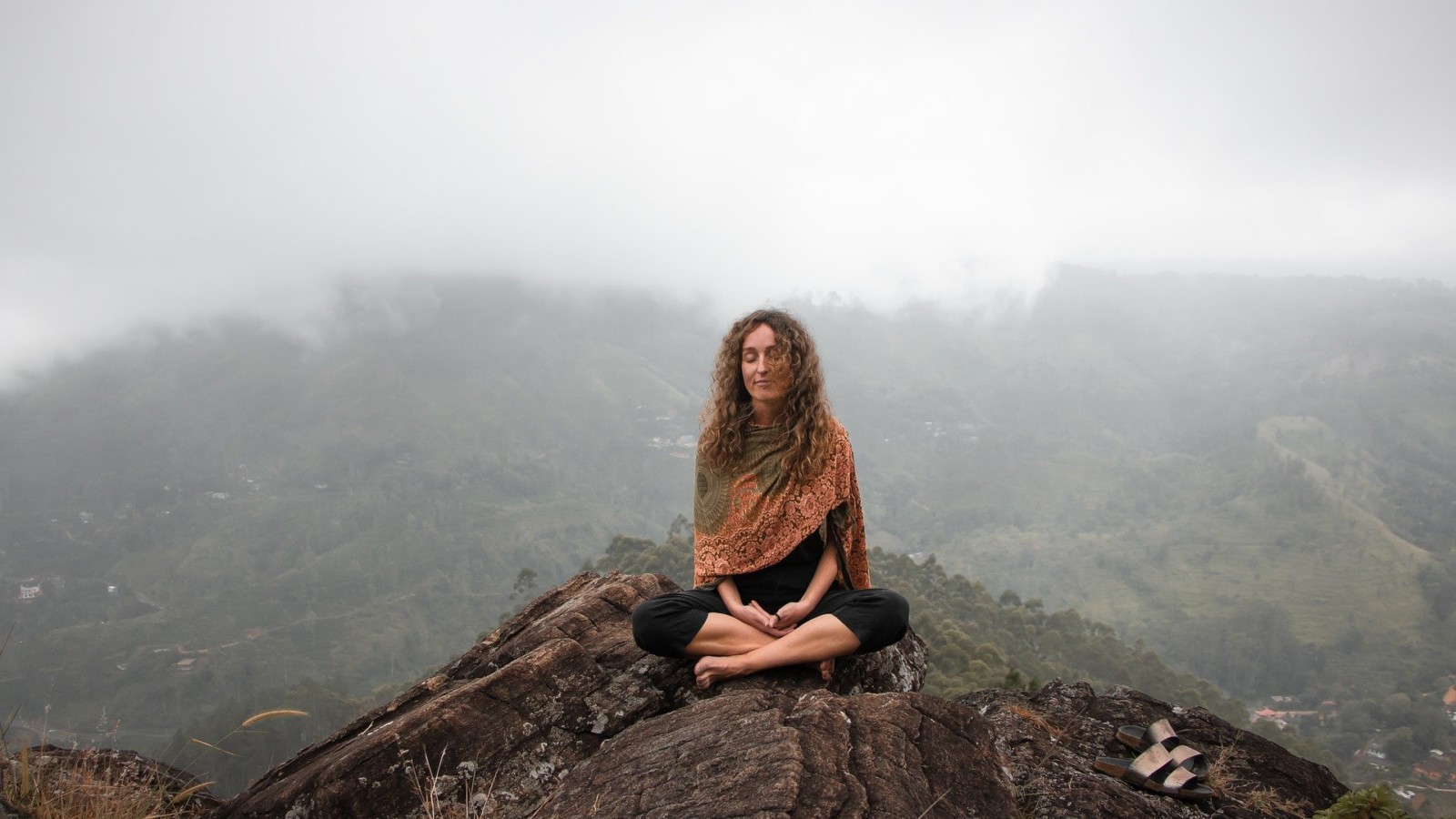Loosely translated “wabi” means simplicity and “sabi” means the beauty of age or organic wear over time. According to author Leonard Karen of Wabi-Sabi: for Artists, Designers, Poets & Philosophers: “Wabi sabi is the beauty of things imperfect, impermanent, and incomplete, the antithesis of our classical Western notion of beauty as something perfect, enduring, and monumental.”
In art and design, wabi sabi showcases the imperfect organic shapes, or could refer to the nice patina that forms over old, worn leather. The message, while left to individual interpretation, is rooted in the beauty of natural transitions.
Taking a wabi sabi approach to your life, can mean embracing the imperfect, the messy, the unpredictable. We embrace our journey, understanding that there may not be one fixed destination for our goals, rather a beautiful meandering journey.
The wabi-sabi letter was formed with the concept of embracing the transformative journey. There is beauty in the process. We practice mindfulness, while encouraging healthy choices through daily messages. We aim to increase our awareness of positive life choices, and root our decisions in the presence, rather than get caught up in auto-pilot.
Often, health & wellness media focuses on the “best” diets or the top influencers with the greatest bodies. We want to focus on the realistic organic flow of our everyday lives. We are not all or nothing, we are not fixed identities, we are constantly evolving and striving for the more positive and peaceful aspects of every day living. We apply these approaches through mindfulness and intuition.
There is a gratefulness aspect rooted into wabi wabi philosophy as well. Acknowledging yourself and your journey is part of the process of transformation. The famous home organization expert, Marie Kondo, has a rule to verbally “thank” your old clothing and items before setting them aside.
The philosophy embraces the notion that we can change, while acknowledging and accepting the pieces of our lives and decisions that do not serve us. We are thanking our past experiences, and integrating them into our whole. We do not operate on shame, we celebrate our past as it has lead us to the current version of ourselves.
According to Now & Zen, there are seven aesthetic principals in achieving wabi sabi:
Fukinsei: asymmetry, irregularity
Kanso: simplicity
Koko: basic, weathered
Shizen: without pretense, natural
Yugen: subtly profound grace, not obvious
Datsuzoku: unbounded by convention, free
Seijaku: tranquility
Consider how these principles interplay in your day-to-day living, and how you can embrace the freedom and peace that comes with the wabi-sabi nature of our lives, especially during times of increasing uncertainty and external pressure.
Follow the link here to subscribe to the daily wabi-sabi newsletter.


